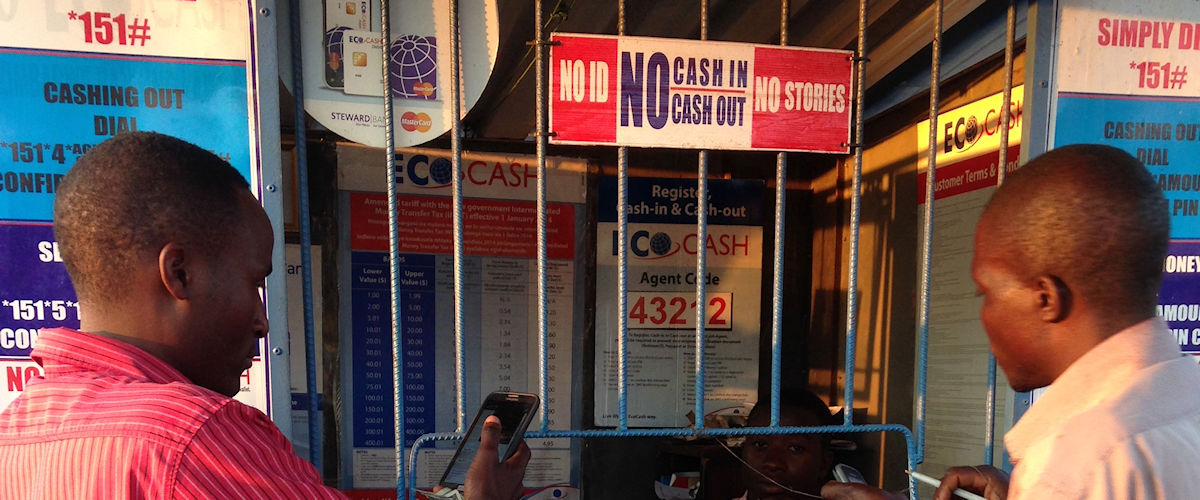Microfinance and then financial inclusion have become buzzwords in international development. Such initiatives have mobilised and generated large amounts of development funding, despite substantial amount of critique. Such critiques call for a more impartial assessment of the effectiveness of financial inclusion on the grounds that funds for microfinance, they argue, displaced development spendings on healthcare, education or infrastructure. In addition, the focus on expansion of financial markets to ‘bank’ and financially ‘include’ the poor may divert attention from more comprehensive and effective poverty reduction strategies. Critiques of this ‘way of doing development’ are often sidelined and labelled as ‘extreme’, ‘sloppy’ or ideology-driven rather than evidence-based. We believe that there is a need for contemporary development scholars from all disciplines to engage in those debates. This half-day workshop would bring in such scholars to discuss what we have learned from a decade of research on the microfinance, and how financial inclusion and the emergence of fintech may offer new opportunities - as well as risks - in for inclusive global development.
Programme:
12.00 – 14.00 Welcome Keynote: SLB/105
Piran White, Co-Director of IGDC
Sally Brooks, Department of Politics
14.00 – 15.30 Parallel Sessions
These 3 parallel sessions will be for early career researcher presentations. The parallel sessions will be chaired by Roundtable presenters, who will be tasked with bringing the discussion emerging from the breakout sessions into the Roundtable discussion. The themes of the parallel sessions are: 1) Unpacking financial inclusion as a development tool, 2) Political Economy and Macroeconomic Implications of Financial Inclusion, and 3) Alternatives to Financial Inclusion. See full CfP here.
- Political Economy and Macroeconomic Implications of Financial Inclusion
Room: D/L/003
Sudeep Jain, University of the West of England
Florence Dafe, London School of Economics and Political Science
Olivier Damala, University of Yaounde II
Hanna K. Szymborska, Open University
- Scrutinising financial inclusion
Room: D/L/006
Gianluca Iazzolino, London School of Economics and Political Science
Thereza Balliester Reis, University of Leeds
Syahirah Abdul Rahman, Alliance Manchester Business School
Navjot Snagwan (Erasmus University of Rotterdam)
- Financialisation of development
Room: D/L/049
Anne Loscher, University of Seigen
Juvaria Jafri, City, University of London
Vincent Guermond, Queen Mary University of London
Zama Ndlovu, University of Cape Town.
16.00hs – 18.00hs Roundtable discussion
The discussions will be guided by the following questions:
-
The political economy of micro-finance. How was is sustained for so long, despite its failures?
-
What have we learned from failures of microfinance? How is financial inclusion different?
-
How can we build a sustainable global system for development finance?
-
What are the opportunities offered by fintech? What are the risks?
-
What is global about microfinance?
-
What are the alternatives to microfinance?
-
To what extent can financial inclusion serve inclusive development?
Room: D/N/056
Milford Bateman, Juraj Dobrila University of Pula
Lena Rethel, University of Warwick
Richard Kozul-Wright, UNCTAD
Daniel Munevar, UNCTAD
Chair: Karen Mumford, Department of Economics, University of York
